Vestibular Therapy
Feeling dizzy, unsteady or disoriented is not just unpleasant — it can put you at risk for falls and serious injuries. Our vestibular rehabilitation program aims to help children and adults reduce dizziness resulting from a variety of inner ear disorders and neurologic conditions, including benign paroxysmal positional vertigo (BPPV), post-concussion syndrome and vestibular migraines.
Vestibular Rehabilitation: Why Choose Johns Hopkins
- Our team of physical therapists includes several certified neurologic specialists, as well as therapists experienced in vestibular exercises and BPPV repositioning maneuvers.
- We can help you address dizziness and related issues, such as nausea, lightheadedness, imbalance, oscillopsia (visual blurring) and motion sensitivity.
- We have access to the latest diagnostic and exercise technology for vestibular rehabilitation, including infrared goggles that record eye movement to evaluate balance centers.
- Our therapy programs are based on a comprehensive musculoskeletal, balance, gait and vertigo assessment that helps develop a customized plan that addresses your unique challenges, lifestyle, health and exercise tolerance.
Schedule An Appointment
Schedule by phone
Johns Hopkins Bayview: 410-550-0414
Sibley Memorial Hospital: 202-364-7665
Schedule online through MyChart
Dizziness and Balance Issues We Treat
Inner Ear Problems
- Vestibular hypofunction (balance disorder of the inner ear)
- Labyrinthitis (inflammation of the inner ear)
- Vestibular neuritis (inflammation of the auditory nerve’s vestibular portion)
- Bilateral vestibulopathy (damage of both inner ears)
- Vestibular schwannoma (acoustic neuroma)
- BPPV (It occurs when tiny calcium crystals come loose from their normal location in the inner ear.)
- Meniere’s disease
Trauma and Neurological Issues
- Concussion and post-concussion syndrome
- Traumatic brain injury
- Vestibular migraine
- Functional movement disorder
- Persistent postural-perceptual dizziness (PPPD)
- Stroke
- Cerebellar disorders (ataxia)
- Progressive supranuclear palsy (PSP)
- Multiple sclerosis
Meet Our Therapists
Meredith Drake | Physical Therapist
Expertise: falls/balance, neurologic rehabilitation, vestibular rehabilitation
Location: Baltimore

Amy Lowe | Physical Therapist
Expertise: orthopedics, vestibular rehabilitation, aquatic therapy
Location: Timonium
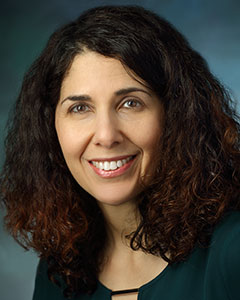
Daniel Ludwig | Physical Therapist
Expertise: neurologic rehabilitation, vestibular rehabilitation
Location: Baltimore
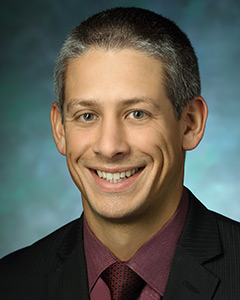
Mariah Miano | Physical Therapist
Location: Columbia
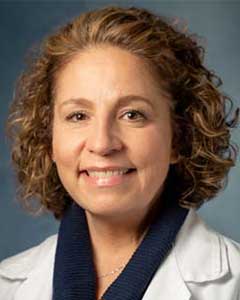
Jennifer Millar | Physical Therapist
Location: Baltimore
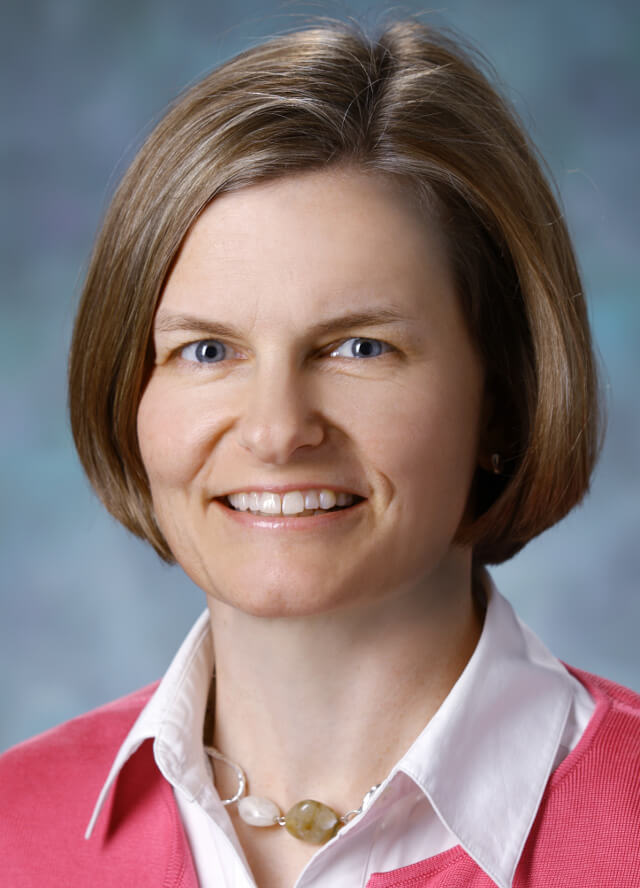
Anne Spar | Physical Therapist, Clinical Specialist
Expertise: falls/balance, neurologic rehabilitation, vestibular rehabilitation
Location: Columbia
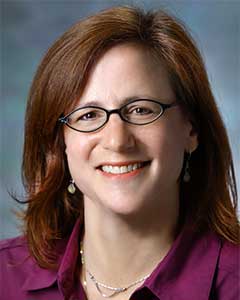
How Vestibular Therapy Can Help with Dizziness and Imbalance
The goals of vestibular therapy may differ depending on the underlying conditions causing your dizziness. Vestibular rehabilitation may help you:
- Reduce dizziness and related symptoms
- Regain function
- Reposition inner ear debris (calcium crystals) in cases of BPPV
- Develop compensatory mechanisms in the brain through other senses such as vision
Balance is a skill that coordinates multiple systems in the body, and exercise helps these systems work together in a coordinated fashion. Vestibular rehabilitation uses exercise to address dizziness and balance impairments. Treatments may include patient and caregiver education as well as in-clinic and home exercises, such as:
- Repositioning maneuvers for BPPV
- Habituation exercises that place you in positions that trigger dizziness, thus allowing your body to adjust and decrease the dizziness you experience
- Gaze stability training
- Balance retraining
- Exercise programs that address issues with weakness, decreased range of motion, etc.
